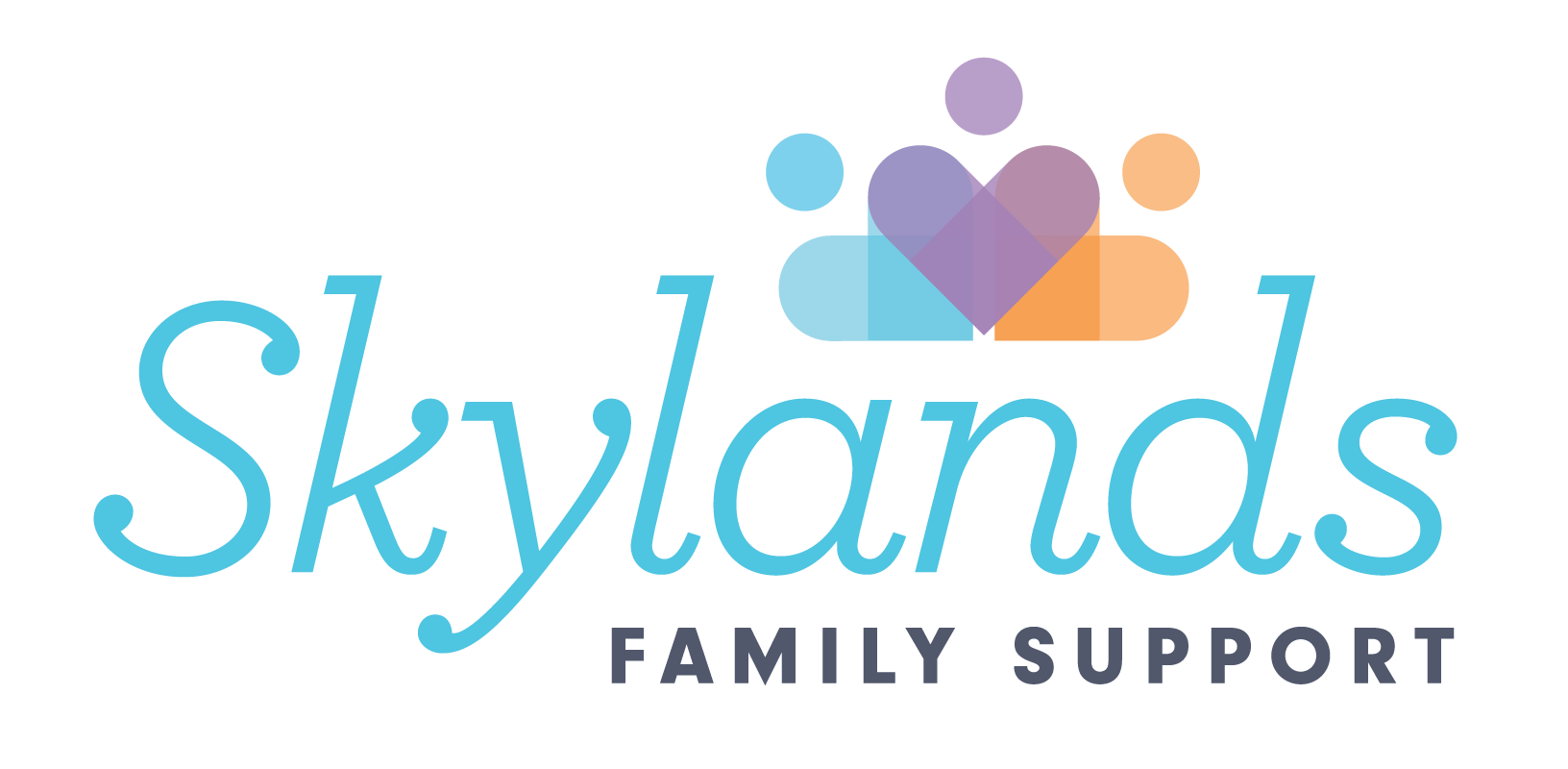Successful Support Coordination for Non-Verbal Individuals
Caring for a non-verbal loved one can be challenging, especially when navigating support systems and ensuring their needs are met. Non-verbal communication may look different for every individual, but with the right support coordination, families can feel confident that their loved ones are being understood, respected, and supported.
Support coordination bridges the gap between families and the resources needed to help non-verbal individuals thrive. The best support coordination agencies recognize the nuances of non-verbal communication and implement thoughtful ways to enhance care and independence.
In this blog, we’ll go over the top four things you should expect from an agency that truly understands how to support non-verbal individuals and their families.
#1 – They Will Work to Understand Your Loved One’s Non-Verbal Communication Style and Cues
Non-verbal individuals communicate in ways that may include facial expressions, body language, gestures, or even specific sounds. The best agencies will have support coordinators that not only make it a priority to observe and learn these unique communication styles but also document it all to ensure all providers are on the same page and can deliver consistent, responsive care.
For example, support coordinators may notice that your loved one points to certain objects to indicate their needs, or they may interpret the difference between a frustrated vocalization and one of joy. By taking the time to truly understand and document these cues, coordinators can create tailored support plans that reflect your loved one’s preferences and needs.
To further improve this understanding, skilled support coordinators should:
- Observe in a variety of settings. By observing your loved one in different environments – whether at home or in community settings – support coordinators can capture a more complete picture of how they communicate in different contexts.
- Connect you to the right specialists. For individuals with complex communication needs, coordinators will connect you and your loved one with speech therapists, occupational therapists, or other specialists to explore and implement additional tools or methods for communication.
- Engage in continuous learning. As your loved one’s needs evolve, coordinators stay attuned to changes in their communication and adapt their approach accordingly. This proactive, ongoing learning helps provide the most effective support as new challenges arise.
#2 – They Will Foster a Supportive Environment
A supportive environment is key for fostering comfort and growth for non-verbal individuals. This goes beyond physical spaces – it also means ensuring emotional and social support.
When creating the Individualized Service Plan (ISP), support coordinators can provide recommendations for environments that reduce sensory overload, encourage social interactions at the individual’s pace, and provide opportunities for meaningful engagement. For instance, creating a sensory-friendly environment can help non-verbal individuals feel more secure and confident. This might involve adjusting lighting, minimizing noise, and using calming colors or textures to reduce distractions and promote relaxation. The support coordinator will assess your loved one’s unique needs and provide specific guidance on how to implement any changes effectively.
A supportive environment also includes the people within it. Coordinators may connect caregivers to training sessions to help better understand non-verbal communication and how to respond effectively. This can help everyone involved develop empathy and a deeper understanding of how to connect and communicate with the individual.
#3 – They Will Establish Trust
Trust is the foundation of any successful relationship, and it’s particularly important when working with non-verbal individuals. Support coordinators build trust by being consistent, patient, and empathetic in their interactions with your loved one.
For example, they may spend time getting to know your loved one in a low-pressure way, respecting their boundaries, and allowing them to feel comfortable before jumping into tasks or responsibilities. Building trust might also involve helping the individual navigate changes, such as transitioning to a new environment or meeting new caregivers.
This trust-building process is crucial because it enables the individual to feel safe and understood, which in turn makes it easier for them to express their needs and preferences, even in non-verbal ways.
#4 – They Will Develop a Routine
Routines provide a sense of predictability and stability, which is especially beneficial for non-verbal individuals. A well-structured routine can help reduce anxiety, improve communication, and promote independence.
Support coordinators work with families to create routines tailored to the individual’s unique needs and preferences. For example, they may develop visual schedules that use pictures or symbols to outline daily activities. These tools can empower non-verbal individuals to understand what’s coming next and feel more in control of their day.
Here’s a few other ways support coordinators work to improve routines for non-verbal individuals:
- Introducing new activities gradually. When incorporating new activities into a routine, coordinators help families introduce them step-by-step to ensure the individual adjusts comfortably without feeling overwhelmed.
- Using routine to support emotional regulation. Coordinators recognize the importance of including calming or grounding activities within the routine to help manage stress or anxiety. This could be breathing exercises, quiet time, or familiar sensory activities.
- Regularly reviewing and adjusting routines. As needs or preferences change over time, support coordinators regularly review the routines and make adjustments, ensuring that they continue to support the individual’s growth and comfort.
Conclusion
Supporting a non-verbal loved one requires understanding, patience, and the right guidance. A great support coordination agency goes beyond providing resources – they help families feel confident that their loved one’s unique needs are being met with care and respect.
Want to work with a dedicated and trusted support coordination agency that understands the unique needs of non-verbal individuals? Contact Skylands Family Support today to get started.




